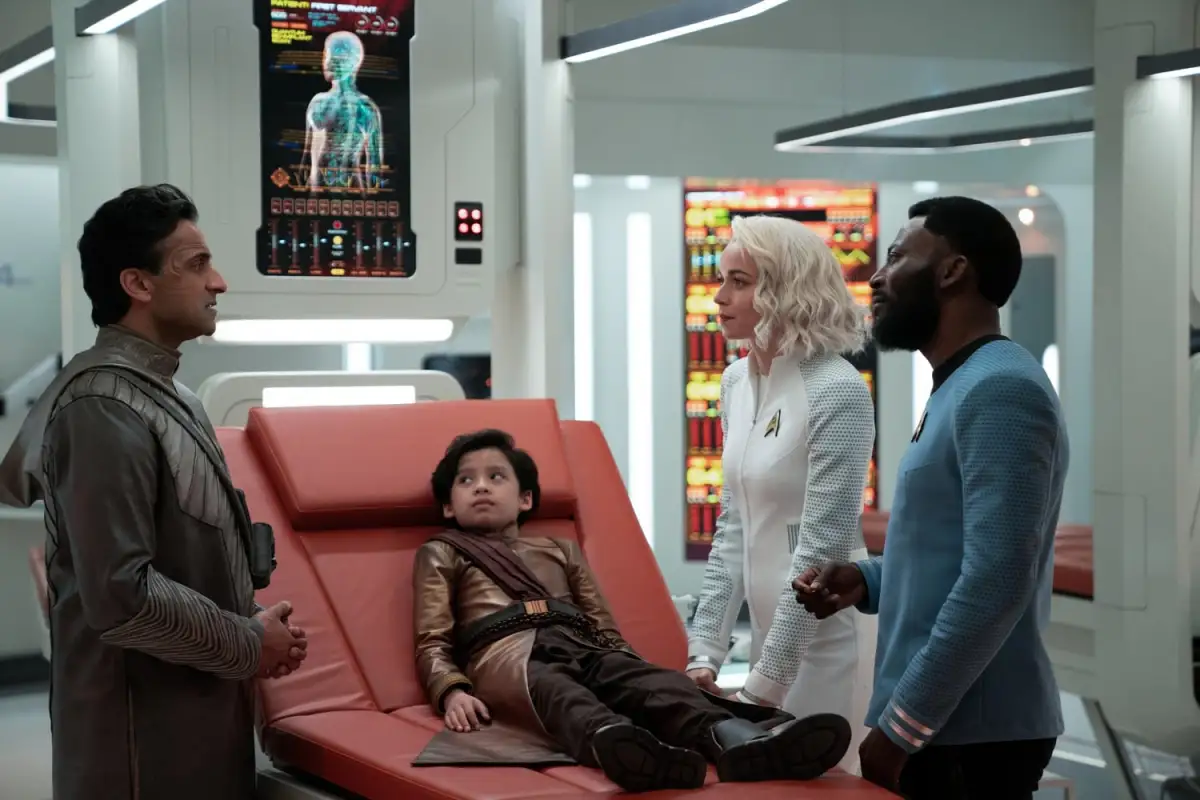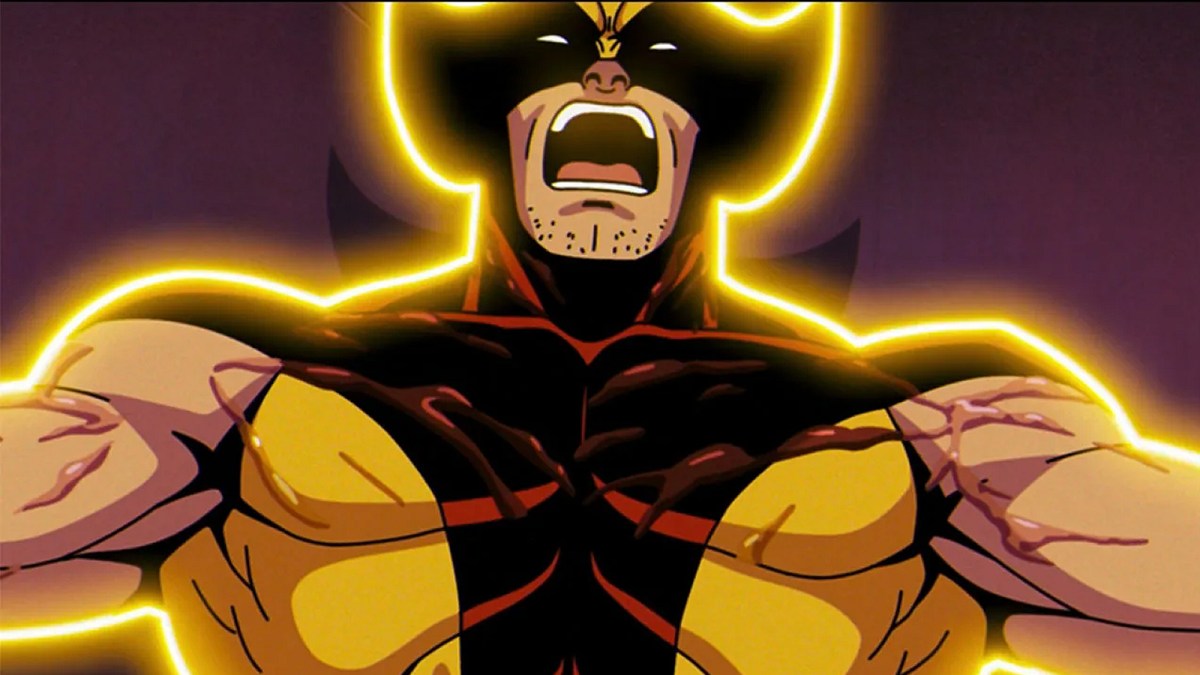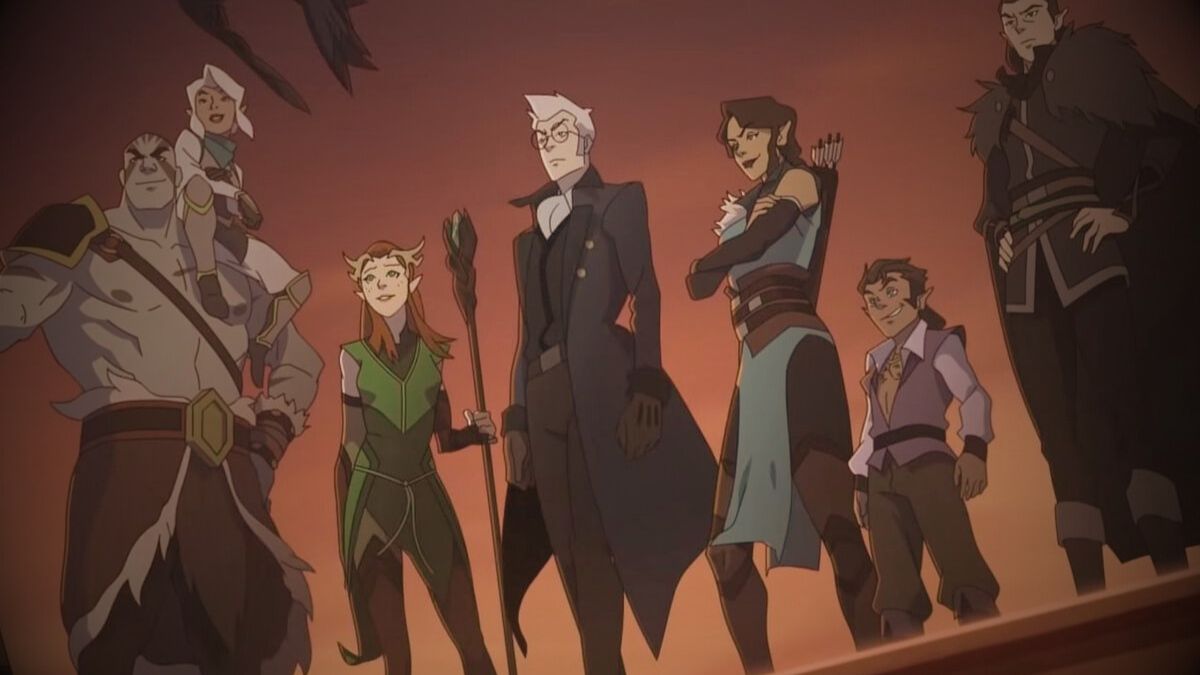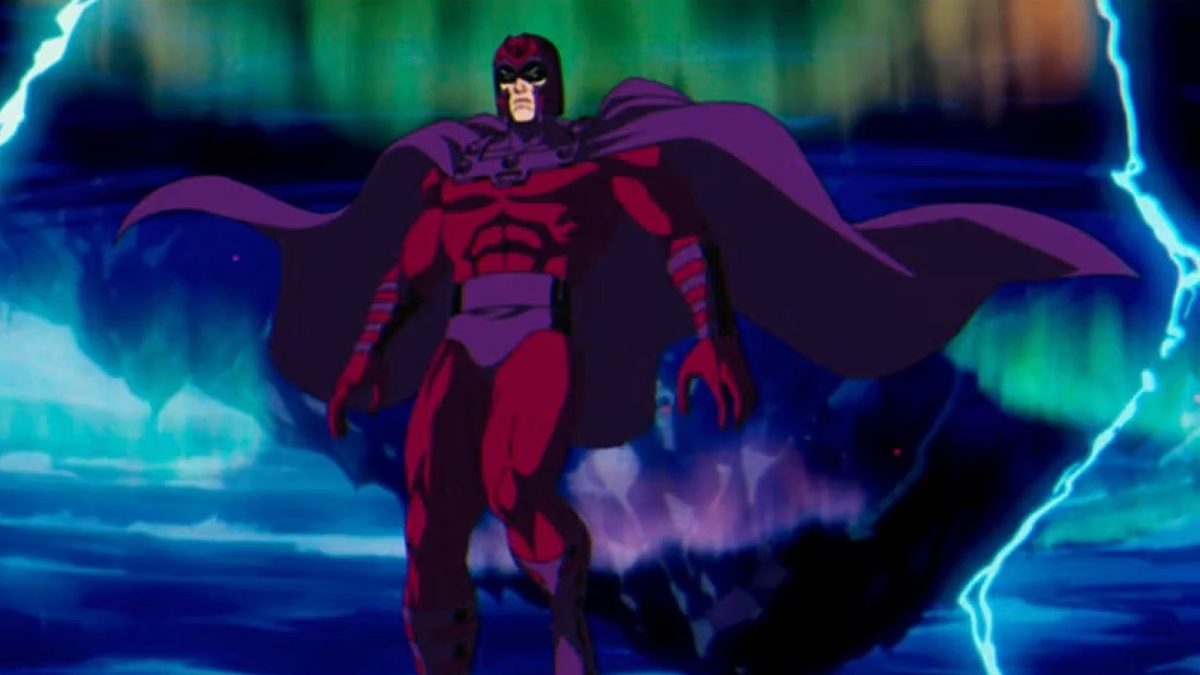This discussion and review contains spoilers for Star Trek: Strange New Worlds episode 6, “Lift Us Where Suffering Cannot Reach.”
For the sixth episode of its first season, Strange New Worlds takes a break from offering underwhelming rehashes of older Star Trek episodes to offer an underwhelming rehash of a science fiction classic.
Published in 1973, “The Ones Who Walk Away from Omelas” is one of the great science fiction allegories. Author Ursula K. Le Guin imagined the utopian community of Omelas, a shimmering city of unbelievable happiness. Children in Omelas never know hunger or pain or strife. However, when every inhabitant comes of age, they discover the dark secret at the heart of the community. The city’s happiness is built on the suffering of a single child, kept in filth, darkness, and misery.
When the inhabitants of the city are made aware of this stark reality, they are presented with a choice. They can continue to live in Omelas, knowing that their idyllic world is built on the suffering of an innocent. Most residents are able to accept this, to reconcile themselves to the suffering of a stranger for their own happiness. However, as the title implies, some members of the community are so horrified by this discovery that they turn their back on the city and choose to leave.
It is a very broad and very effective metaphor, one that is almost universally applicable. It works as both social commentary and as personal allegory. How much of modern civilization is built on the exploitation of others, and how comfortable can people become with that suffering so long as it is kept out of sight? Even on a personal level, how committed are individuals to their own happiness that they are willing to accept the suffering of others as a small price to pay?
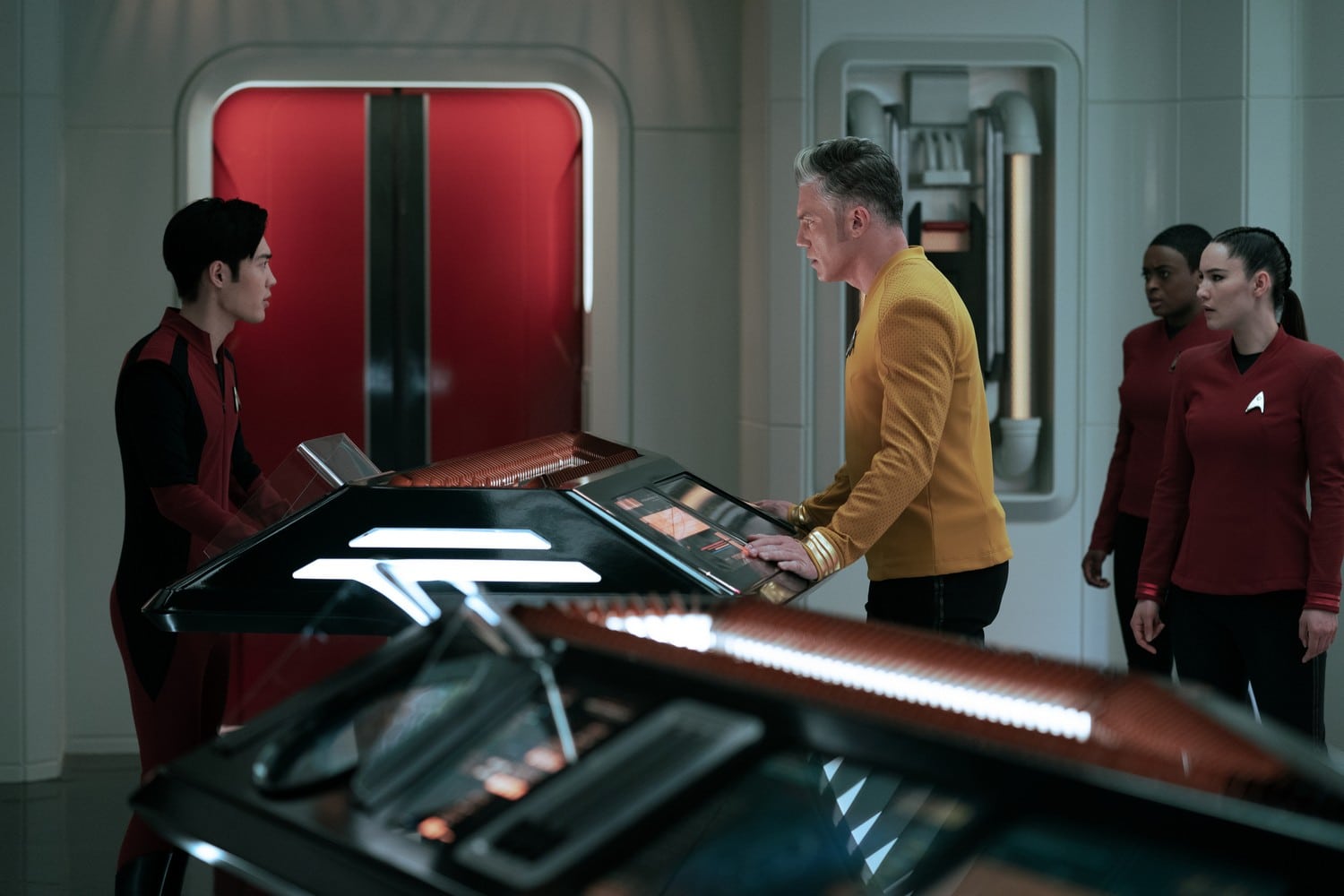
It is surprising that it has taken Star Trek so long to offer its own take on the classic short story. The franchise is full of episodes drawing liberally from literary classics: “The Enemy Within” is Strange Case of Dr Jekyll and Mr Hyde, “Obsession” is Moby Dick, “Meridian” is Brigadoon, and “Fascination” is A Midsummer Night’s Dream. Given the obvious influence of science fiction writers like Asimov and Herbert (not to mention Sturgeon or Ellison) on the franchise, this should have happened sooner.
“Lift Us Where Suffering Cannot Reach” is direct in evoking “The Ones Who Walk Away from Omelas.” The episode is built on a world literally kept afloat by the suffering of a child, the First Servant (Ian Ho), who is literally locked away in a dungeon to suffer. The internal logic is vague. “The machine needs the neural network of a child to function,” explains Alura (Lindy Booth). “Our founders designed it that way; we don’t know why.” However, the allegory is clear.
Alura makes this link explicit in her conversation with Pike (Anson Mount). “Your whole civilization, all your… this, it’s all founded on the suffering of a child,” Pike summarizes towards the end of the episode. “Can you honestly say that no child suffers for the benefit of your Federation?” Alura responds, rendering subtext as text. “That no child lives in poverty? Or squalor? While those who enjoy abundance look away? The only difference is that we don’t look away.”
Theoretically, this sort of story fits perfectly within the Star Trek milieu. For all that certain fans might insist upon the franchise’s utopian world view, Star Trek is populated with stories about utopias that turn out to be anything but: “The Apple,” “For the World Is Hollow and I Have Touched the Sky,” “The Hunted,” “Paradise,” and “Shadowplay.” There is always a serpent in the garden, a secret lurking in the shadows. If something is too good to be true, it usually is.
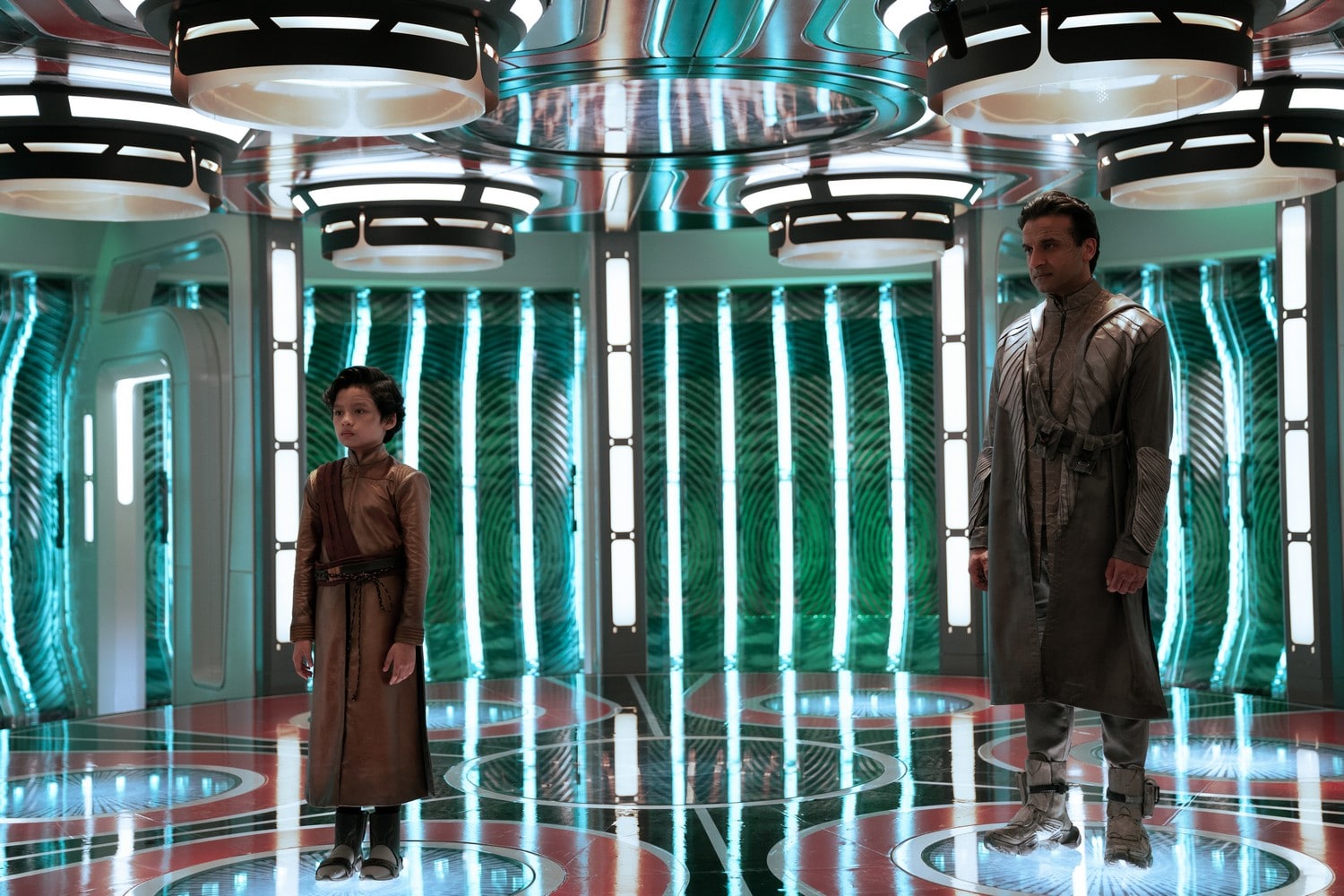
However, “Lift Us Where Suffering Cannot Reach” suffers from its insistence upon combining this familiar science fiction allegory with broadly drawn Star Trek clichés. Most notably, “Lift Us Where Suffering Cannot Reach” tries to blend “The Ones Who Walk Away from Omelas” with an archetypal “Prime Directive” narrative about how the Federation is sworn not to interfere in local politics, resulting in perhaps the most breathtakingly cynical episode of Star Trek since “Alliances.”
The Prime Directive is one of those things that certain Star Trek fans and writers have internalized as an unequivocal ideal, something unimpeachable: the idea that there is a moral obligation for our heroes to stand back and let terrible things happen to complete strangers, no matter how hard that is for our heroes. The benign interpretation reads it as a rejection of the colonial impulses of “the white man’s burden,” but it often serves as an excuse for passivity in the face of horror.
Tellingly, most of the classic stories about the Prime Directive are about getting around the Prime Directive. Few classic Star Trek stories end with the characters allowing strangers to suffer and die, treating the Prime Directive as a hurdle for Kirk (William Shatner) or Picard (Patrick Stewart) to circumnavigate: “The Return of the Archons,” “Pen Pals,” “Homeward.” When Bashir (Alexander Siddig) cites the Prime Directive in “Battle Lines,” Sisko (Avery Brooks) immediately shoots him down.
In contrast, “Lift Us Where Suffering Cannot Reach” approaches the Prime Directive uncritically and treats it as something sacrosanct. “We’re not a Federation world,” Alura warns Pike. “You have no jurisdiction.” The episode ends with Pike staring out into space, feeling sorry for himself. It’s brutally cynical. The episode doesn’t focus on the pain and suffering of the First Servant, but instead asks the audience to feel bad for Pike because Pike can’t help the First Servant — even though he easily could.
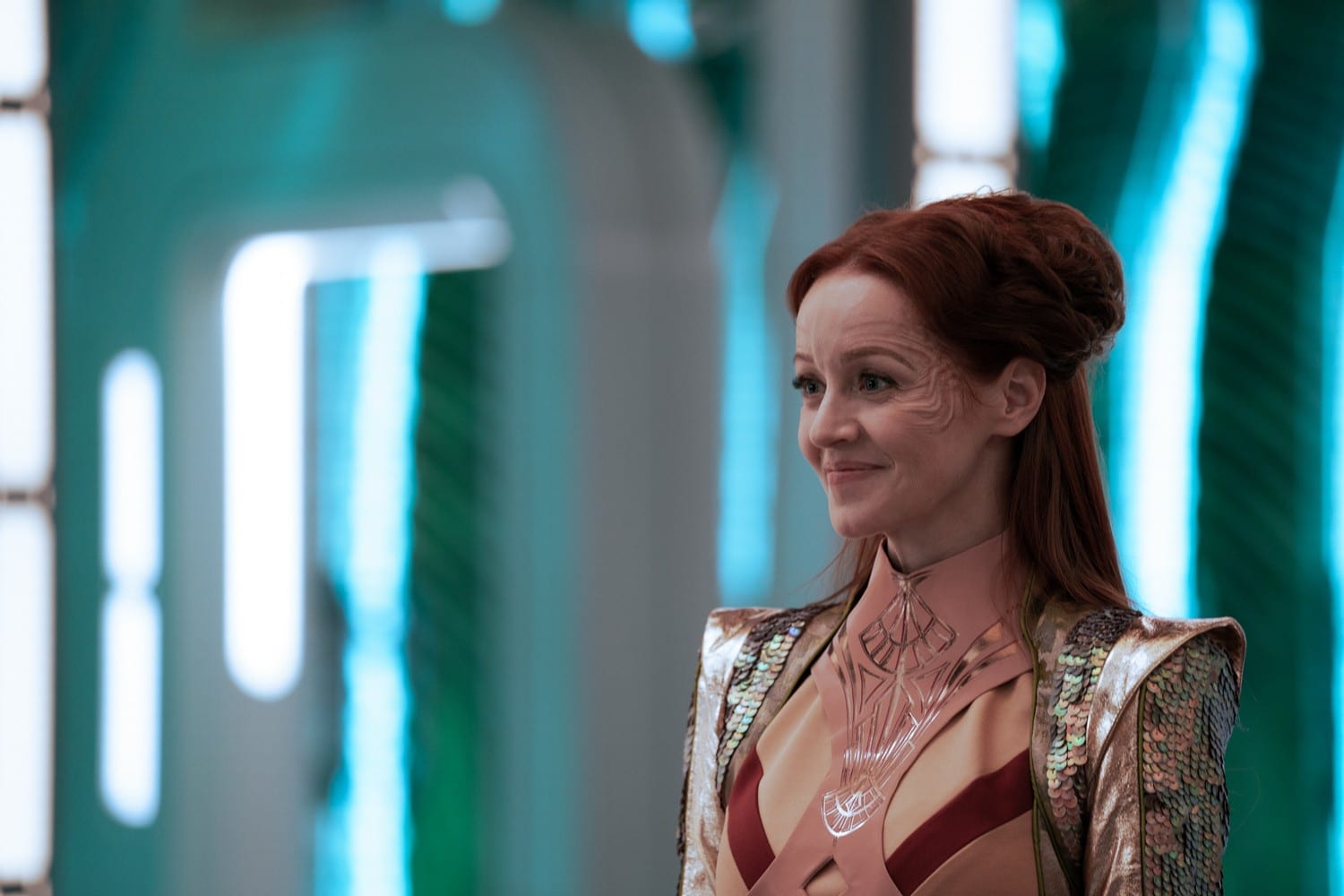
This is horrifically cynical for a number of reasons. Most obviously: This is all Pike’s fault. The Enterprise intervenes during the attempted rescue of the First Servant at the start of the episode, returning him to the care of Alura. If Pike had not prevented that attempted abduction, the child would have been taken to Prospect VII and spared a lifetime of torment. Pike isn’t a bystander here. He isn’t a passive observer. He is actively implicated in the torture of this child.
More than that, “Lift Us Where Suffering Cannot Reach” treats Alura’s accusation about the Federation as a “gotcha” argument, ignoring the fundamental difference between a society that aspires to end all suffering and a society that institutionalizes suffering. It is a problem compounded by the fact that the episode does exactly what Alura criticizes. It looks away. The audience only briefly sees the torment of a child, because showing it might make viewers uncomfortable.
Again, this is the “faded photocopy” aspect of Strange New Worlds, where the show is offering recycled Star Trek clichés without any real understanding or thought. It is similar to how Voyager and the first two seasons of Enterprise told these stories, treating Star Trek as an aesthetic rather than as an actual object. Compare Pike’s passivity and complicity in this systemic abuse to Picard’s clever manipulation of the Prime Directive to confront a broken society at the end of “The Hunted.”
The problem is compounded by other Star Trek clichés crammed in at the margins. “Lift Us Where Suffering Cannot Reach” is also a romance episode, with Pike meeting and reconnecting with an old flame. Star Trek is notoriously terrible at romantic subplots, particularly for series leads: “We’ll Always Have Paris,” “Second Sight,” “Civilization.” There are exceptions, like “Counterpoint” or “Gravity,” but they require phenomenal writing and chemistry — both of which are absent here.

Historically, the best relationships on Star Trek have been those allowed to grow over time, particularly on Deep Space Nine: Sisko and Yates (Penny Johnson), Worf (Michael Dorn) and Dax (Terry Farrell), Kira (Nana Visitor) and Odo (René Auberjonois). Standalone episodes struggle to introduce a new character, cast an actor who shares believable chemistry, and tell a self-contained story. Ideally, there’s time for the actors to grow and develop a chemistry.
It doesn’t help matters that “Lift Us Where Suffering Cannot Reach” hints at a more interesting and timely story in its first act and then pulls away. The First Servant suggests the Dalai Lama. The ship that tries to abduct him is Klingon, with the Klingons historically standing in for American fears of the Chinese. Given that the ascension of the next Dalai Lama has become a political clash between China and Tibet, sparking debates about where America stands in all this, there’s a very timely story there.
Star Trek has always been rooted in contemporary issues. The original Star Trek dealt with the Vietnam War in episodes like “A Taste of Armageddon,” “Errand of Mercy,” and “A Private Little War.” It grappled with youth culture in stories like “Charlie X,” “Miri,” “This Side of Paradise,” and “The Way to Eden.” It is frustrating that, outside of vague allusions to the Capitol Riots in “Strange New Worlds,” Strange New Worlds has been reluctant to actively engage with the world around it.
Instead, Strange New Worlds is more interested in offering superficial Star Trek cosplay than it is in embracing the heart of Star Trek, content to offer a suitably abstract take on a nearly 50-year-old short story within the narrative confines of some half-remembered Star Trek plot templates. It might not be quite as depressing as a futuristic utopia powered by the torture of a small child, but it’s pretty bleak in its own way.

